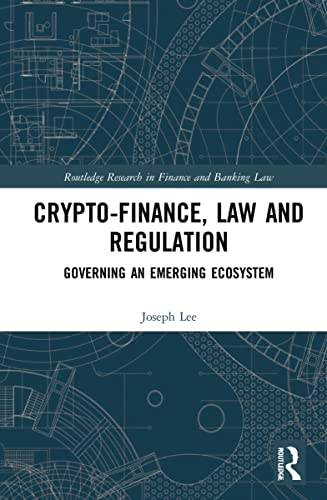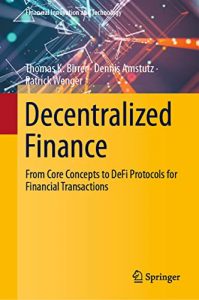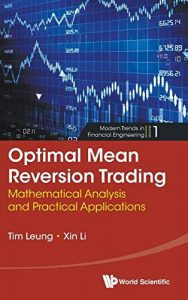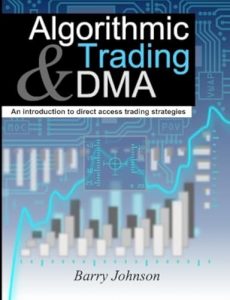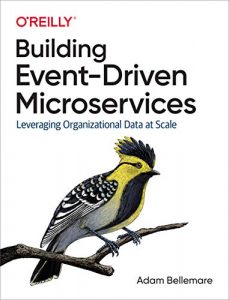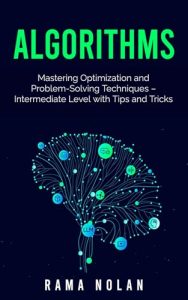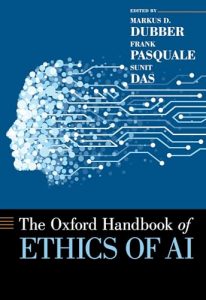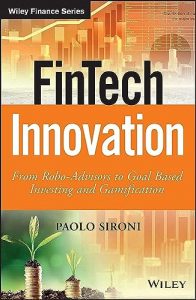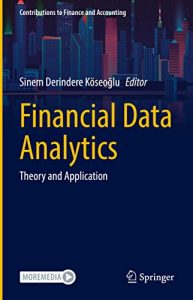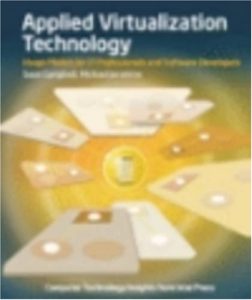1. Crypto-Finance, Law and Regulation
This pivotal book by Joseph Lee dives deep into the realms of crypto-finance, examining the intertwined nature of law and regulation in the fast-evolving financial landscape. As cryptocurrencies and digital finance continue to disrupt traditional banking, understanding the regulatory frameworks is crucial. Lee meticulously breaks down complex legal principles and their applications, making it accessible for both novices and experts in finance. This book is not just a read; it’s a necessary tool for anyone looking to navigate the legalities of crypto-trading and digital asset management. 
2. RegTech in Banking and Finance: A Handbook for Beginners to Experts
Authored by Jnana Kosha, this comprehensive guide is perfect for anyone wanting to delve into Regulatory Technology (RegTech). This handbook equips readers with both foundational knowledge and advanced insights into how technology is revolutionizing compliance and regulation processes within the banking sector. The author simplifies complex concepts, making it suitable for professionals and students alike, offering practical examples and case studies that illustrate the implementation of RegTech solutions. A must-read for those keen on enhancing their understanding of financial technology. 
3. Neural Networks in Finance: Gaining Predictive Edge in the Market
This groundbreaking work by Paul D. McNelis presents a fusion of finance with cutting-edge AI technology. It explores how neural networks can be utilized to analyze financial data effectively, providing a strategic edge in market predictions. McNelis illustrates various models and applications, making this book a compelling read for finance professionals who wish to incorporate machine learning into their decision-making processes. It’s a must-have for anyone serious about forecasting trends and managing investment risks with sophistication. 
4. Machine Learning In Computational Finance
Victor Boyarshinov’s insightful guide on machine learning applications in computational finance provides readers with practical algorithms essential for developing artificial intelligence tools. This book takes you through step-by-step methodologies crucial for building and applying machine learning to financial problems. Whether you’re a seasoned professional looking to refine your skills or a newcomer aiming to understand the intersection of finance and AI, this book serves as an invaluable resource. Its clear explanations make complex concepts accessible and applicable. 
5. Artificial Intelligence in Banking: Revolutionizing Finance and Data Security
Jonathan Harris’s latest book presents the transformative power of AI in banking and finance. As financial institutions increasingly rely on data-driven decision making, Harris provides insights into how AI can improve efficiencies, enhance customer experiences, and bolster security against cyber threats. This book is not just about technological advancement; it highlights ethical considerations and future implications. It is an essential read for anyone involved in the banking sector looking to stay ahead in an era of digital transformation. 
6. Customer-Centric Innovation in Finance
Dr. Erin B. Taylor and Dr. Anette Broløs explore the critical need for innovation in financial services through a customer-centric lens. As the digital age reshapes consumer expectations, this book emphasizes the importance of leveraging human insights to fuel product innovation. Through practical strategies, real-life case studies, and engaging theories, the authors provide a roadmap for financial professionals to develop products and services tailored to evolving customer needs. An invaluable resource for those dedicated to success in the finance industry. 
7. Stress Testing and Risk Integration in Banks
Tiziano Bellini’s work is indispensable for understanding the statistical frameworks behind risk assessment in banks. This guide offers both theoretical and practical knowledge on conducting effective stress tests and integrating risk management processes. Clear explanations and a range of practical software tools make it an essential resource for financial analysts and risk managers alike. It is a great companion for anyone looking to enhance their competency in stress testing methodologies in banking. 
8. Open Banking and Financial Inclusion
Ellie Duncan addresses one of the most pressing issues in finance today: how open banking can foster financial inclusion. By outlining potential solutions and innovative strategies, this book serves as a critical resource for policymakers and practitioners aiming to build more equitable financial systems. Duncan advocates for security and equity in banking, making a compelling case for the future of open banking as a tool for empowerment. This is a must-read for anyone interested in the intersection of technology, law, and social equity. 
9. Regulation of Debt Collection in Europe
Cătălin Gabriel Stănescu offers a comprehensive examination of debt collection regulations across Europe. This book delivers a thorough analysis of the current legal landscape and its implications for creditors and debtors alike. Stănescu provides insightful discussions on the challenges and opportunities presented by these regulations, making it an essential read for law professionals and financial stakeholders involved in cross-border finance. It is a vital resource for understanding the nuances of European legal frameworks on debt recovery. 
10. Generative AI in Banking Financial Services and Insurance
In their forward-thinking book, Anshul Saxena, Shalaka Verma, and Jayant Mahajan explore the transformative use cases of generative AI in banking, financial services, and insurance. They provide a comprehensive guide that combines insights, practical applications, and future scenarios that will shape the industry. This book is essential for any finance professional seeking to understand how generative AI can enhance efficiency, improve customer service, and drive innovation. This insightful read will prepare you for the future of finance. 

